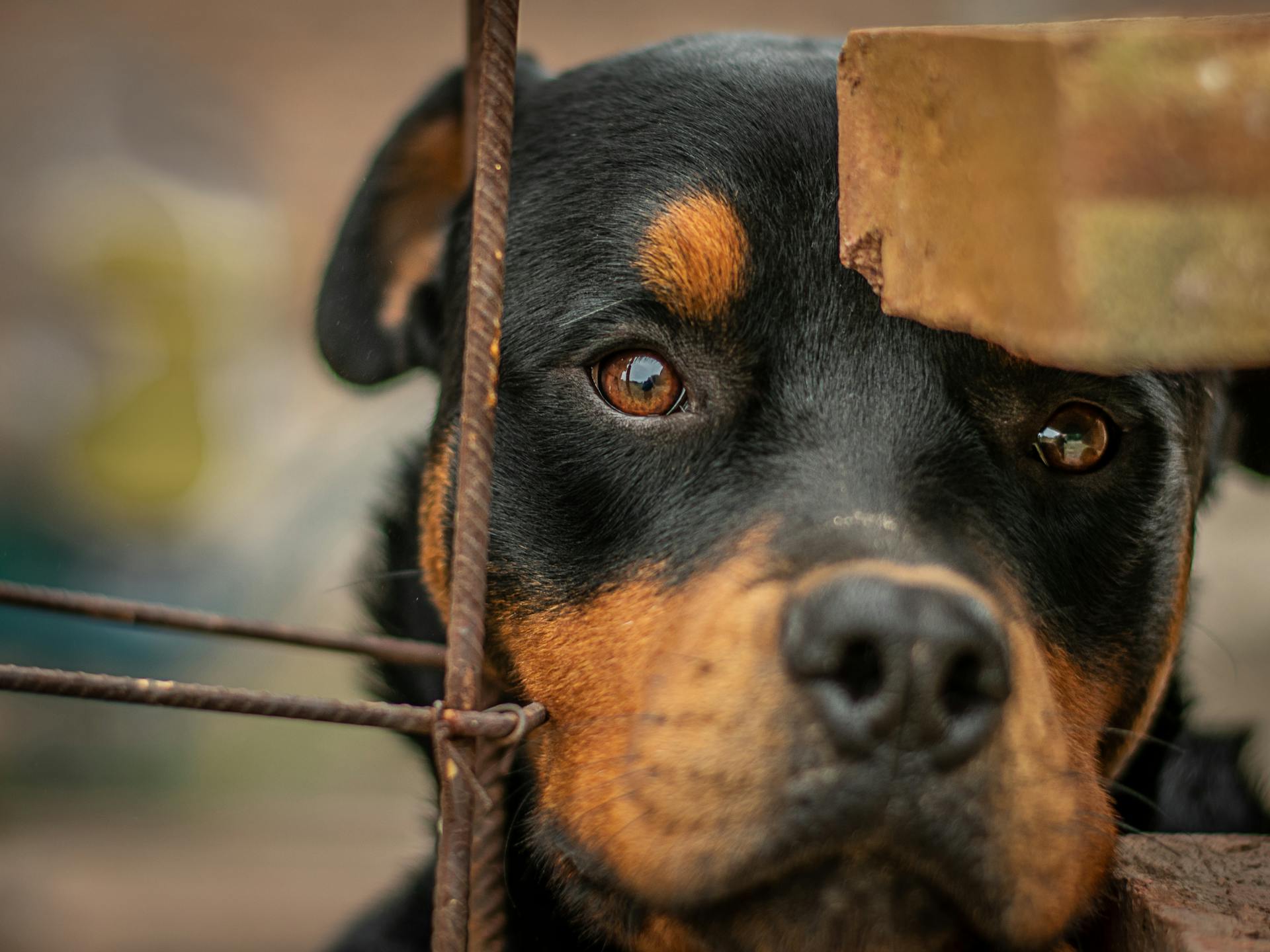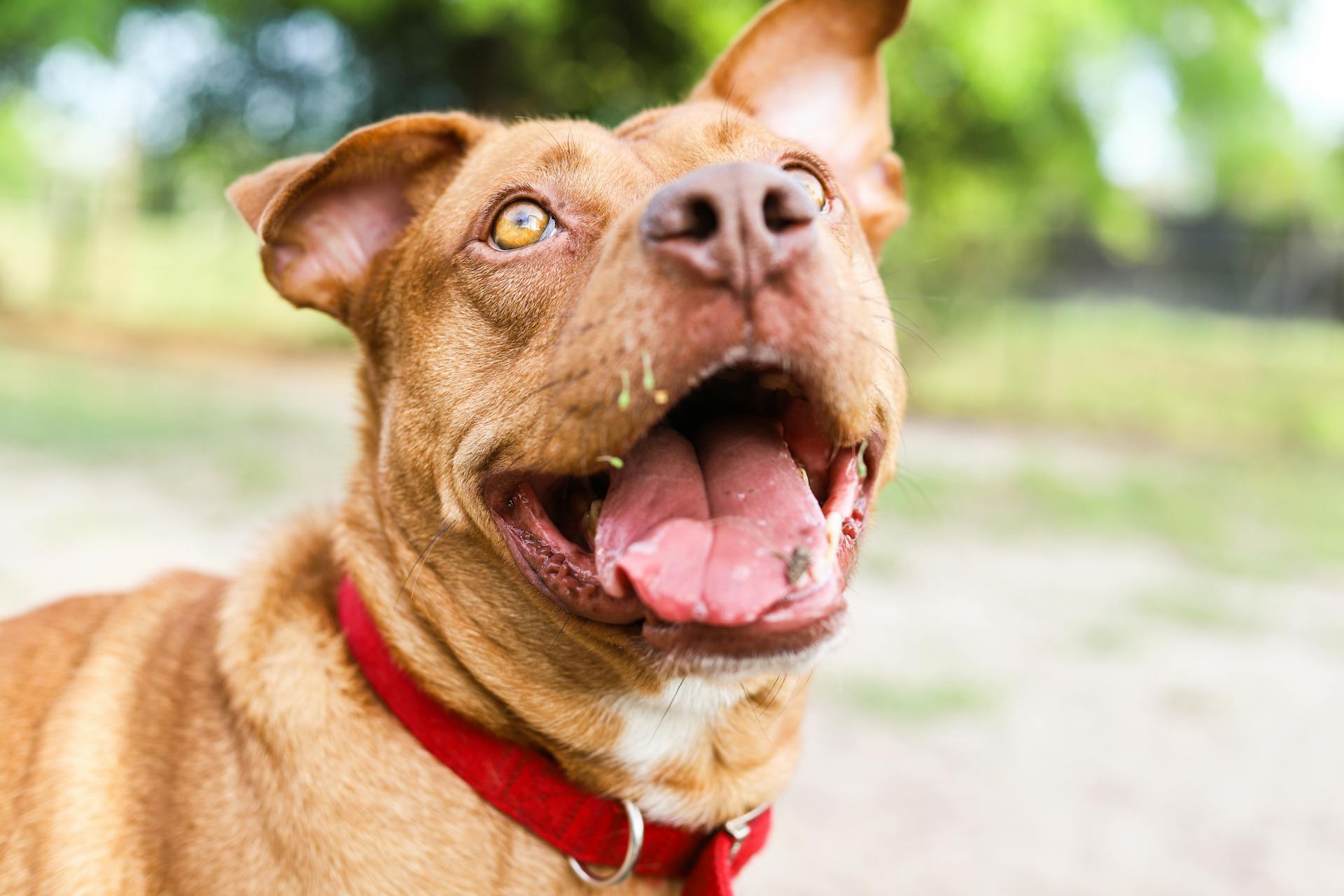
Pit bulls have been a topic of controversy for a long time, with some people advocating for a ban on the breed. In reality, pit bulls are not inherently aggressive, as they have been used as therapy dogs, search and rescue dogs, and even as service dogs.
According to data from the American Temperament Test Society, pit bulls have a passing rate of 86.8%, which is higher than many other popular breeds such as Chihuahuas and Poodles.
Many experts agree that the problem lies not with the breed itself, but with irresponsible ownership and a lack of training.
Suggestion: Pit Bulls Should Not Be Banned
Arguments For BSL
BSL makes communities safer by preventing dog attacks on humans, dogs, and other animals before they happen.
Enacting BSL can regulate a small group of breeds that have a genetic propensity to attack and inflict severe, disfiguring injuries, thus averting first attacks by these breeds.
DogsBite.org data shows that between Jan. 1, 2005 to Dec. 31, 2019, at least 521 deaths due to dog bites occurred, with 346 attributed to pit bulls.
Consider reading: Breeds of Pit Bulls Chart
Prior to BSL enactment in Prince George’s County, Maryland, there were 853 dog bites reported in 1996, but 14 years into the ban, overall dog bites had decreased 43% and pit bull bites were down 35%.
BSL is also a humane way to discourage pit bull breeding and fighting, as it prevents more pit bulls from being bred and subsequently killed in shelters.
Only about 20% of pit bulls are sterilized, whereas an estimated 80% of all dogs are spayed or neutered.
Pit bulls account for 63% of shelter euthanizations, despite making up only about 38% of animal shelter admissions.
Bans of pit bulls can eliminate or lessen problems at the root by preventing pit bulls from being bred in the first place, much less allowing the dogs to be trained, abused, or neglected into aggressive behavior.
Pit bull fighting rings are often tied to other illegal activities, including drug possession and distribution, gun distribution, assault, and murder.
Related reading: What Were Pit Bulls Bred to Do
Pit Bulls and Some Other Dogs
Pit bulls are a breed-specific problem, as they were bred to bait bulls and fight each other to the death.
In the U.K., at least six of ten fatal dog attacks in 2022 were attributed to the now-banned XL Bully breed, a type of pit bull.
Pit bulls have been bred with unique qualities that can make them dangerous, including a quicker temper due to high levels of the neurotransmitter L-tyrosine.
Their attacks can last for 15 minutes or longer, and nothing can easily stop them, thanks to their tenacious nature and remarkable insensitivity to pain.
Most dogs beaten in a fight will submit the next time they see the victor, but not pit bulls, who will tear into their onetime vanquisher.
This is due to their brain chemistry, which makes them extra-sensitive to endorphins and may generate higher levels of the chemical than other dogs.
Recommended read: Are Pit Bulls Bred for Aggression
Counterarguments
Banning pit bulls doesn't make communities safer. In fact, it can lead to an increase in dog bites from other breeds.
Miami-Dade County, Florida, has had a pit bull ban since the 1980s, but still euthanizes about 800 illegally owned pit bulls per year. This shows that banning a specific breed doesn't solve the problem.
People who are breeding or training dogs for illegal activities will simply switch to another breed if pit bulls are banned. For example, following a pit bull ban in Council Bluff, Iowa, Boxer and Labrador Retriever bites increased.
Consider reading: Largest Breed of Pit Bulls
Dog Bite Prevention
Dog bite prevention is a crucial issue that requires a thoughtful and multi-faceted approach. The American Veterinary Medical Association (AVMA) recommends enforcement of generic, non-breed-specific dangerous dog laws, with an emphasis on chronically irresponsible owners.
This approach focuses on addressing the root cause of dog bites, rather than targeting specific breeds. By doing so, communities can create a safer environment for both humans and animals.
Enforcement of animal control ordinances, such as leash laws, is also essential in preventing dog bites. Trained animal care and control officers can help identify and address potential risks.
Related reading: Brindle Female Pit Bulls
Prohibition of dog fighting is another key strategy in preventing dog bites. This activity is often associated with aggressive dog behavior and can lead to serious injuries.
Neutering dogs not intended for breeding can also help reduce the number of dog bites. This can be achieved through education and outreach programs.
Here are some statistics on dog bites, as reported by DogsBite.org:
In Prince George's County, Maryland, the implementation of breed-specific legislation (BSL) led to a significant decrease in dog bites. Overall dog bites decreased by 43% and pit bull bites were down 35% after 14 years of the ban.
Recommended read: American Bull Dog Pit
BSL Does Not Increase Safety
Miami-Dade County, Florida, has had a pit bull ban since the 1980s, but the county still euthanizes about 800 illegally owned pit bulls per year.
People who are breeding or training dogs for illegal fighting or to protect illegal activities will simply turn to another dog breed if pit bulls are banned. For example, following a pit bull ban in Council Bluff, Iowa, Boxer and Labrador Retriever bites increased.
Aragon, Spain, saw no changes in dog bite numbers five years before and five years after BSL was enacted. This suggests that breed-specific laws may not be an effective solution to reducing dog bites.
Following a pit bull ban in Winnipeg, Canada, Rottweiler bites immediately increased.
For another approach, see: Pit Bull Terrier Illegal
Con 2
Consider DogsBite.org's pro position. Their stance is that breed-specific legislation is effective in reducing dog bites and fatalities.
DogsBite.org's position is rooted in data showing a correlation between certain breeds and a higher risk of biting.
This data is often cited as evidence that breed-specific legislation can prevent dog bites.
Frequently Asked Questions
Why do pitbulls have a bad reputation?
Pitbulls have a bad reputation due to their association with dog fighting in the 1980s, which led to a lasting stigma against the breed. This negative image persists despite the fact that most pitbulls are loving and gentle companions.
Why pitbulls should not be banned quotes?
Pitbulls are not inherently aggressive, but rather a product of irresponsible ownership and training. Banning them is not a solution, but rather a symptom of a larger issue that needs to be addressed.
Sources
- https://www.cram.com/essay/Should-Pitbulls-Be-Banned-As-Pets/FCHC4967YTU
- https://www.aspca.org/about-us/aspca-policy-and-position-statements/position-statement-pit-bulls
- https://www.avma.org/resources-tools/pet-owners/dog-bite-prevention/why-breed-specific-legislation-not-answer
- https://content.naic.org/cipr-topics/breed-specific-legislation
- https://www.procon.org/headlines/pit-bull-bans-top-2-pros-and-cons/
Featured Images: pexels.com


